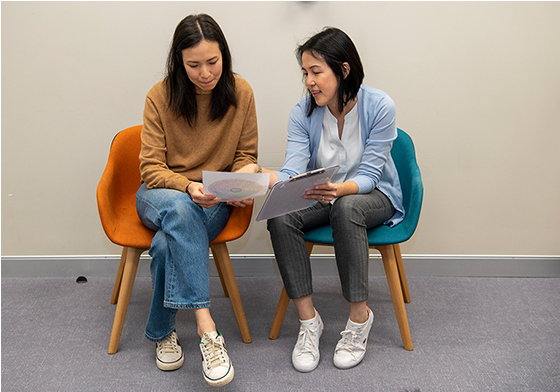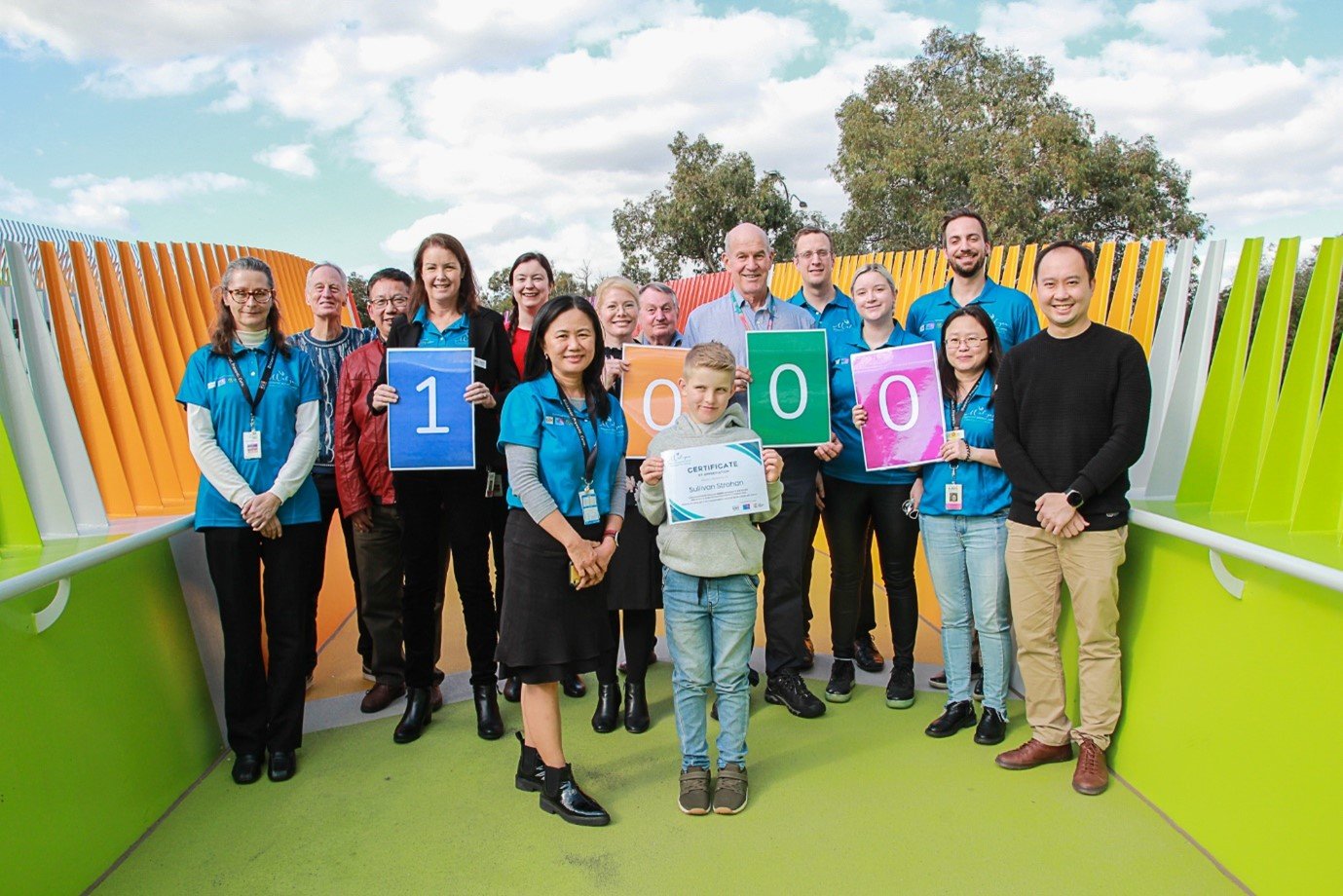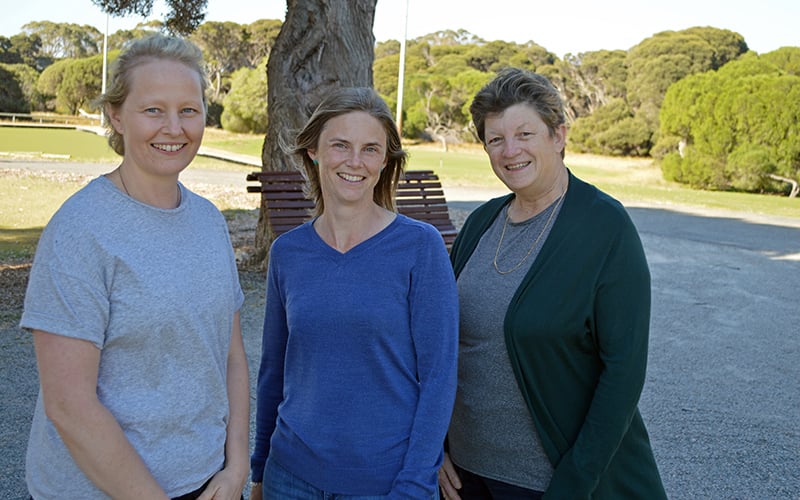Search

Functional capacity assessments help families and the NDIS ensure that children receive the right level of support, resources, and funding to achieve their goals.

Discover resources and science activities for kids for the topic 'Germs!'.

News & Events
Fun workshops for kids in the July school holidaysThe July school holidays are just around the corner and with it comes another exciting program of school holiday workshops for kids!

News & Events
Term 3 school holiday workshops at ScitechEverything you need to know to book tickets to our upcoming school holiday workshops held at Scitech!
Contact the ASAVI team

Representing a 30-year interdisciplinary collaboration between The Kids, Perth Children’s Hospital, and WA Universities, the combined global impact of work from this Centre over the last 10 years has equalled some of the most influential paediatric centres around the world.

The Respiratory Physiology Platform at the Wal-yan Respiratory Research Centre offers access to specialist equipment housed within the outpatient research department at Perth Children’s Hospital, dedicated for research use.

Our Children’s Respiratory Science team is currently seeking research buddies to provide a community perspective on research into childhood asthma attacks.

The Wal-yan Respiratory Research Centre conducts research into a wide range of childhood respiratory disease areas.

News & Events
Preterm respiratory researchers share what World Prematurity Day means to themPreterm researchers Dr Shannon Simpson (left) and Professor Jane Pillow (right) with Tony Sparks WA chairperson Amber Bates.
